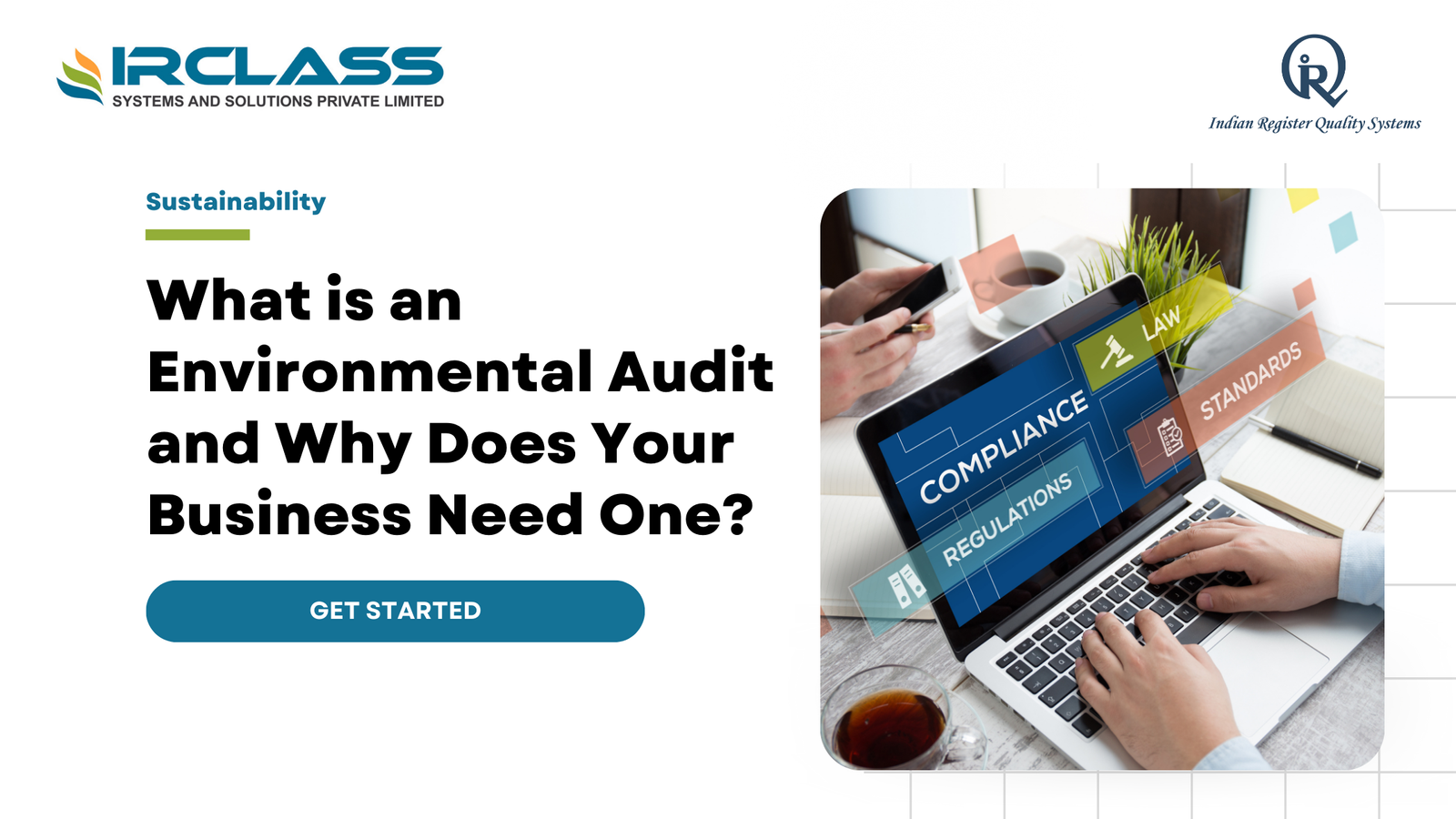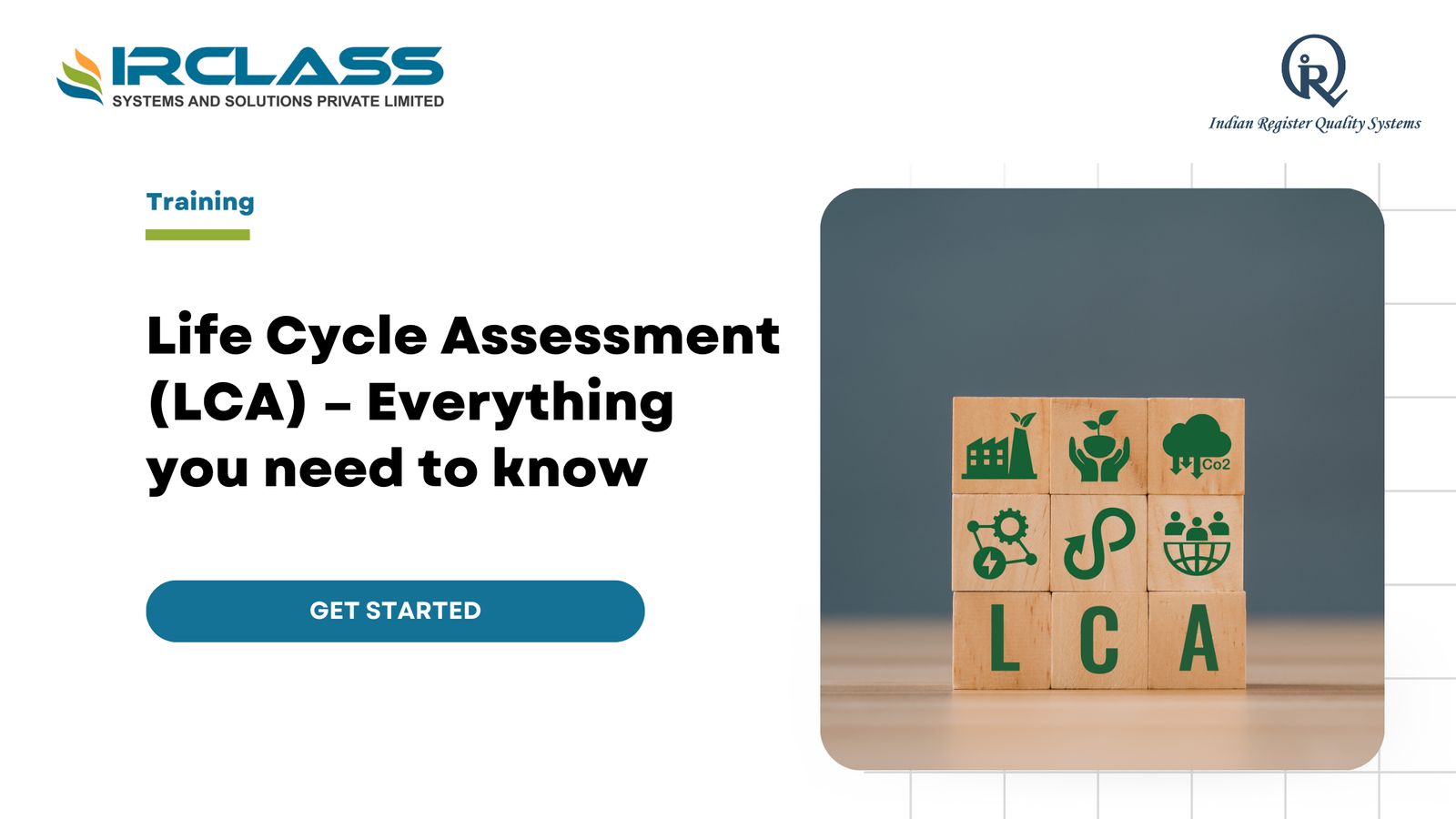Tag: What are the major contents of an environmental audit?

What is an Environmental Audit and Why Does Your Business Need One?
Since businesses are growing at a very fast pace, organizations are forced to be sustainable today. The world is slowly moving towards environmental conservation, and therefore organizations cannot just operate and meet the legal requirements but have to do more in preserving the environment. One of the most effective tools to do this is an environmental audit. What is an environmental audit and why should your business consider one? Let’s explore. Definition and Importance Environmental audit is a systematic, documented and objective assessment of the environmental performance of an organization. It is a measure of the level of compliance of an organization to environmental laws, organizational policies and standards and industry best practices. The primary purpose of environmental audit is to assist the management to understand the impact of the environment on its operations and where adjustments are required. That is, environmental audits are a health check of a company’s environmental management system (EMS). They help in the application of the environmental legislation and standards, evaluation of risks and opportunities for improving the environmental management. Customers, investors and regulatory bodies are today concerned with environmental performance and failure to monitor and improve on environmental performance puts a company at risk of facing legal consequences, loss of reputation and market share. However, organizations that are willing to embrace environmental responsibility are rewarded with competitive advantage because the stakeholders are becoming more sensitive with the organizations they want to deal with. Types of Environmental Audits Environmental audits can be classified according to their purpose and there are various categories of environmental audits. This will help you to know the kind of these and how to get the right audit for your organization. 1. Compliance Audits Compliance audit is an audit that is done to establish the level of compliance of an organization to the environmental laws, regulations and standards. It is about looking for non-compliance and making sure that the company complies with what is expected of it in the law. The regulatory authorities require compliance audits to check whether the businesses are operating within the stipulated environmental standards. 2. EMS Audits This audit type is an evaluation of the effectiveness of an organization’s environmental management system. It affirms that the EMS is fully operational and in line with standards like the ISO 14001. EMS audit is a formal assessment of the processes, policies and practices to identify areas that require change and improvement and to improve the environmental performance. 3. Performance Audits Performance audits are not just compliance and EMS but a whole lot more. This is centered on the efficiency of an organization in the utilization of the resources, energy and the quantity of waste. The purpose is to search for ways to minimize the negative effects on the environment and improve the efficiency of the processes. 4. Due Diligence Audits A due diligence audit is usually carried out in mergers, acquisitions or property transactions. It assesses the environmental losses and threats of an individual asset or an organization. This audit provides the buyers and investors with the necessary information on the environmental risks and the expenses that will be incurred in correcting the situation to enable them make the right decisions. 5. Waste Audits Specifically, waste audits are targeted at the organization’s waste disposal. They take into account the types and amounts of wastes generated, the way wastes are dealt with and how wastes can be reduced, utilized, recycled and disposed. 6. Energy Audits An energy audit is a numerical evaluation of an organization’s energy usage and efficiency. They understand where energy can be saved, and therefore, costs and carbon emissions can be minimized. Energy audits are most useful in organizations that are intending to switch their energy supply to renewable energy sources or improve energy efficiency. Benefits for Businesses Environmental audit is useful to all the industries. Here are some of the key benefits: 1. Ensures Legal Compliance Environmental audits are conducted by businesses for the main reason of complying with applicable environmental law and regulation. There are hefty fines, legal action and even suspension of operations if you fail to comply. Regular audits keep businesses in the loop with the changes in regulation and help them be compliant. 2. Reduces Environmental Risks Environmental risks such as pollution incidents or mishandling of hazardous waste can have a devastating effect on the environment and the organization. Audit can help to identify possible risks and corrective measures to control them. 3. It enhances Operational Efficiency Inefficiencies in resource use, energy use and waste management are usually found during environmental audits. These inefficiencies can be eliminated by businesses, saving costs, improving productivity and generally improving operational efficiency. 4. It helps increase reputation and brand value Consumers and investors are becoming more and more attracted to sustainability and more and more businesses are being sought after that show they care. Environmental audit is a way to demonstrate to your clients that you care about the environment and will help to enhance your brand image, attract environmentally aware customers and improve your relationship with your stakeholders. 5. It contributes to Sustainability Goals. Environmental audits are a roadmap for organizations with an ambitious sustainability goal, such as carbon neutrality or zero waste. They track progress, identify gaps and strategies to reach these objectives. 6. Boosts Employee Engagement Employees are more likely to be motivated and engaged when they are working for a company that values sustainability. Environmental audits can be a means to build a culture of environmental awareness and responsibility, and employees can be involved in sustainability initiatives. 7. It provides Competitive Advantage. In many industries, sustainability is no longer a choice, it’s a necessity. Other firms can be distinguished from firms that conduct environmental audits and follow a sustainable approach, which then become the industry leader. How IRQS Can Help The environmental audit is a very complex and time consuming exercise and it requires professional skills, experience and understanding of the legal and best practices. This is where IRQS (International Register
Search
Useful Links
Recent Posts

What is a Life Cycle Assessment Course and Why Should You Take It?

Step-by-Step Guide to Becoming an ISO 27001 Implementer



